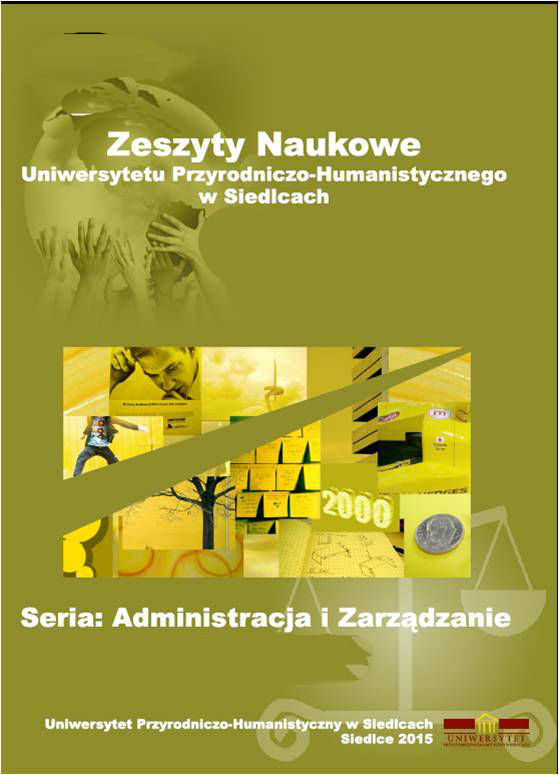Kryterium słusznościowe oceny bezpodstawnego wzbogacenia
Equitable Criterion of the Assessment of Unjust Enrichment
Author(s): Krystyna ŚwięckaSubject(s): Civil Law, Law on Economics
Published by: Uniwersytet w Siedlcach
Keywords: Personal finance Morality; Value and ethical norms
Summary/Abstract: Artykuł omawia wątpliwości dotyczące podstaw, na jakich opiera się ocena bezprawności przy instytucji bezpodstawnego wzbogacenia. Powyższa problematyka jest punktem wyjścia do analizy wątku etyczno-moralnego: czy poza względami formalnymi kryterium "bezprawności" mogą stanowić względy słusznościowe? Czy miernikiem oceny "niesłusznego" nabycia korzyści mogą być kryteria leżące poza sferą prawną? Celem niniejszego tekstu jest nie tylko ukazanie stanowiska doktryny w tej kwestii, ale próba zwrócenia uwagi na możliwości zmian zapatrywania na ten temat. Możliwe jest uznanie szerokiego ujęcia podstawy roszczenia o zwrot niesprawiedliwego wzbogacenia, odwołującego się do oceny słuszności. Wydaje się, że ogólne refleksje teoretyczne mogą dostarczyć inspiracji do dalszych rozważań doktryny i służyć potrzebom praktyki. Instytucja bezpodstawnego wzbogacenia może mieć szczególne znaczenie, gdyż ma ona charakter bardzo ogólny, dostosowując się do nowych, niecodziennych sytuacji. Jest częścią prawa cywilnego będącą nośnikiem sprawiedliwości społecznej. Można więc mówić o jej wyjątkowości, czy wręcz powiedzieć, że zajmuje położenie równoważne klauzulom generalnym.(abstrakt oryginalny) The article discusses doubts concerning the grounds on which the assessment of illegality in the institution of unjust enrichment is based. The above-mentioned subject matter is a starting point for analysis of the ethical and moral thread: whether, apart from formal regards, the criterion of "illegality" may constitute equitable considerations; or whether the criteria reaching beyond the legal sphere may be indicators of the assessment of "wrong" acquirement of benefits. The purpose of this article, is not only to show the position of doctrine on this matter, but to attempt to draw attention to the possibilities of changes in perceiving this subject-matter. It seems that the general theoretical reflections may inspire to further doctrine considerations and serve the needs of practice. The institution of unjust enrichment may be of particular importance, because it is very general in nature and adapts to new, unusual situations. It is a part of civil law as a medium of social justice.Thus we can talk about its uniqueness, or even claim that it occupies a position equal to general clauses. (original abstract)
Journal: Zeszyty Naukowe Uniwersytetu Przyrodniczo-Humanistycznego, seria Administracja i Zarządzanie
- Issue Year: 37/2016
- Issue No: 110
- Page Range: 185-197
- Page Count: 13
- Language: Polish

